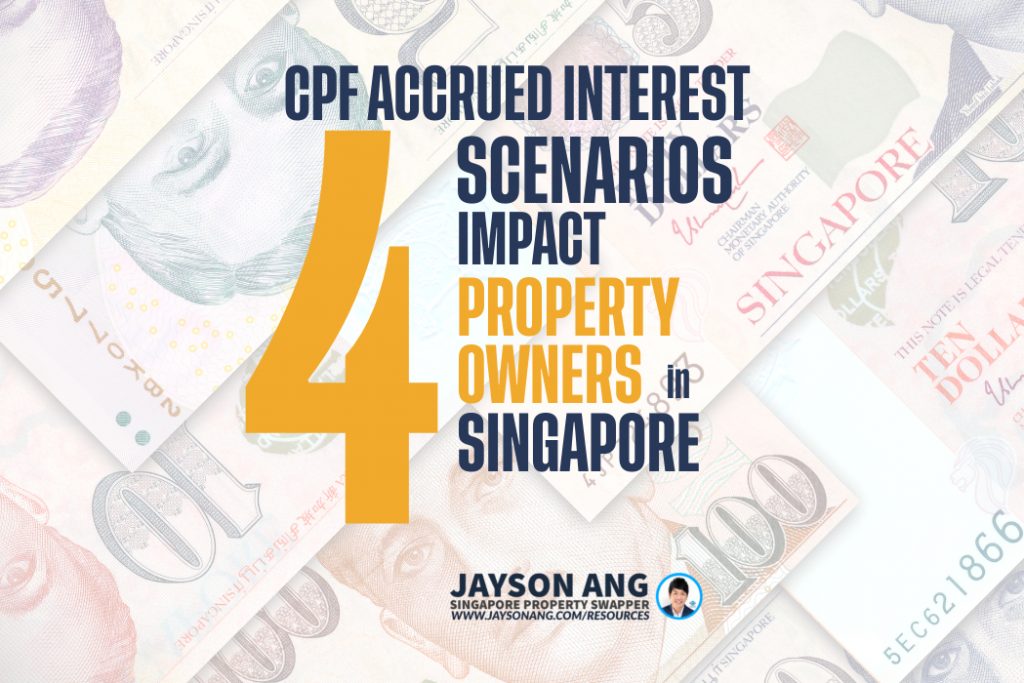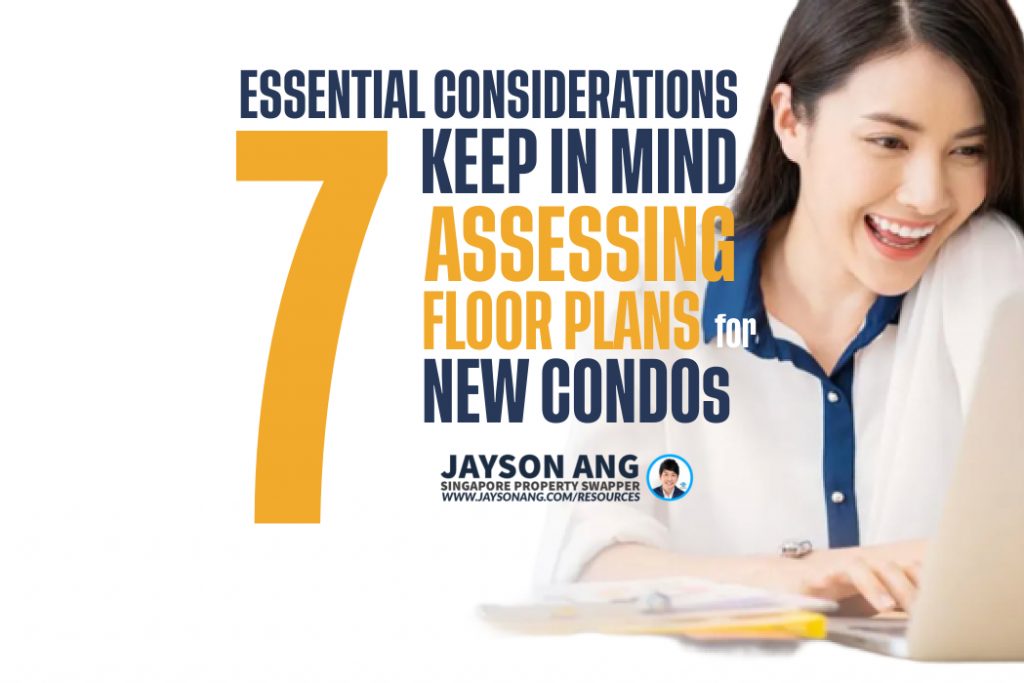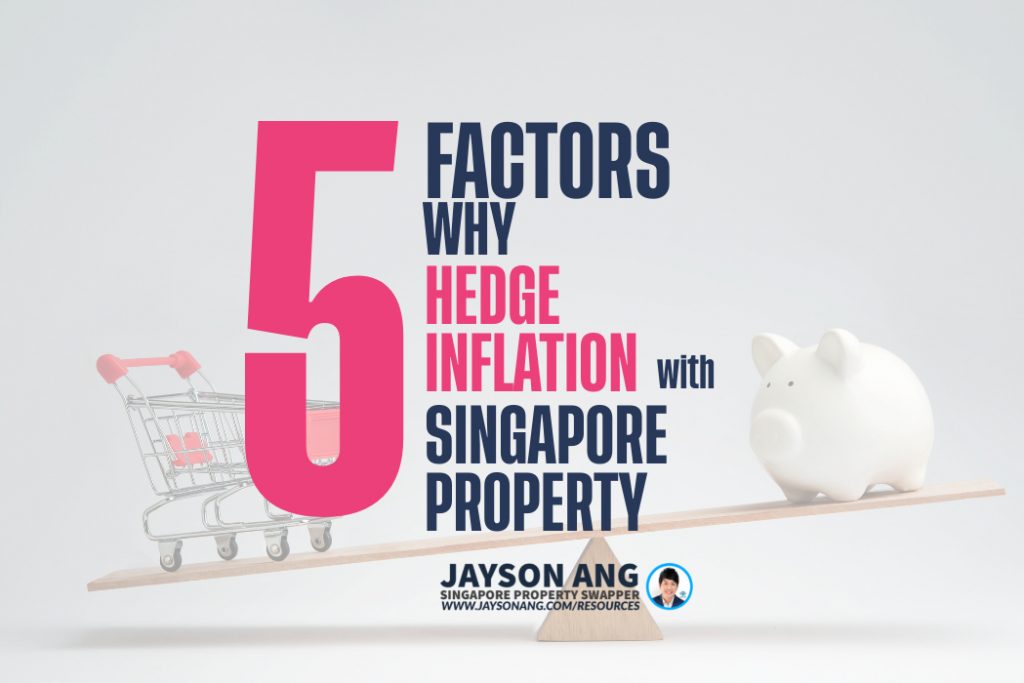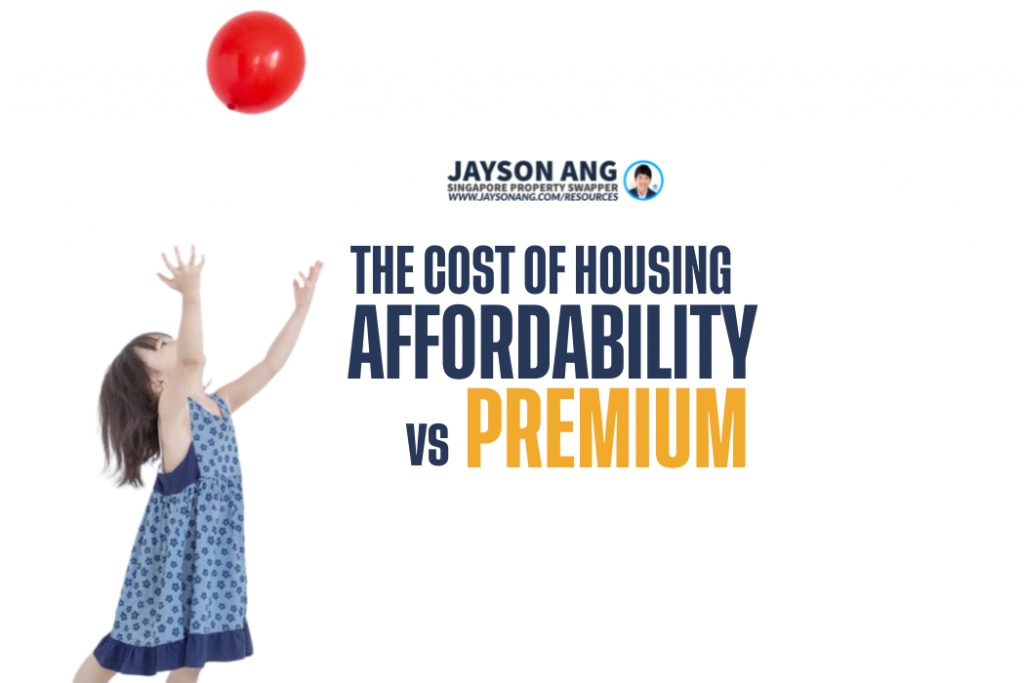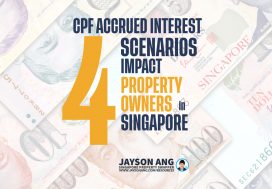TLDR
When it comes to the evolving landscape of property development in Singapore, developers are facing new challenges and opportunities. From maximizing community spaces to the rise of bigger projects and strategic tenant selection in mixed-use condos, the industry is adapting to meet the changing demands of buyers. Efficient layouts, access to multiple train lines, and curated residential offerings are key trends shaping the market. Whether you’re a buyer or seller, understanding these shifts can help you navigate the real estate journey effectively.
If you’re one of those homeowners who hasn’t dabbled in the real estate market for a while, but are now ready to level up or relocate, brace yourself for some unexpected twists and turns. The terrain of property development has undergone a major overhaul in the last ten years, surpassing the changes of the past three decades.
The dawn of the new millennium brought with it a flurry of game-changing elements such as developer stamp duties, development charges, and the emergence of proptech, all of which have revolutionized the condominium market.
However, not all potential homebuyers may view these advancements as a positive progression. So, hold on tight, as we give you a glimpse of what to anticipate in this dynamic realm of real estate.
How the Landscape of Property Development is Transforming
The landscape of property development has drastically transformed over the years. Gone are the days when developers could freely create without any constraints. In the past, there were no pesky ABSDs, strict timelines to adhere to, or concerns about profit margins. However, with the evolving landscape, new rules and regulations have been introduced, impacting how developers operate.
Today, developers face a multitude of challenges, with the looming threat of a 40% ABSD and pressure to complete and sell within five years. This has led to a shift in strategies, with developers resorting to pre-fabricated construction methods and a more formulaic approach to design. This, coupled with tier ratings and scrutiny from government bodies, has resulted in a market where risk-taking is discouraged and conformity is rewarded.
Gone are the days when anyone could dabble in property development and see success. In today’s market, it takes precise planning and execution to create a product that appeals to customers and yields profits. The hard product has come a long way, with a focus on efficiency, standout facilities, and impressive aesthetics.
But it’s not just the physical aspects that have evolved for the better. Rules and regulations have also been harmonized, benefiting consumers by ensuring they get what they pay for. From air space considerations to reduced wastage, consumers can rest assured that they are getting their money’s worth.
The current trends in property development reflect the ever-changing landscape and the need for developers to adapt and innovate. It’s a challenging market, but for those who can rise to the occasion, the rewards are worth the effort.
Unleashing the Power of Development
1. Maximizing Community Spaces: The New Trend in Urban Design
An excellent example of this is Parc Clematis, a magnificent development that boasts a whopping 400,000 sq. ft. of shared facilities. And let’s not forget about Normanton Park, a mega-development similar to Parc Clematis, which dedicates a staggering 60% of its spacious 661,000 sq. ft. to communal spaces and amenities.
In this day and age, developers take great pride in showcasing an abundance of facilities in their marketing materials, often boasting hundreds of them. However, this can also be a double-edged sword, as some buyers have started to notice that these claims may be exaggerated. For instance, a few rocks placed in a sand pit could be labeled as a “zen garden facility,” and attaching a slide to a wading pool may be marketed as an “aquatic playground.”
But despite the occasional embellishment, developers are clearly prioritizing more opulent and plentiful facilities. While some may view this as a positive aspect, others may argue that it takes away valuable space that could be used for larger units.
However, it cannot be denied that certain facilities in condominiums are incredibly well-utilized, particularly those that offer dining and entertainment options. With the trend of shrinking home sizes, these areas serve as crucial spaces for residents to host gatherings with loved ones.
On the other hand, there is a valid argument that with such an extensive range of facilities, long-term maintenance costs could become a burden or require meticulous care. Of course, this ultimately depends on the skills of the property manager in procuring cost-effective services. In larger developments, the higher number of units may help keep these expenses manageable, adding yet another reason for the popularity of massive condominiums.
2. Trending Up: The Rise in Popularity of Bigger Projects
“Large-scale projects are often accompanied by lower unit prices, thanks to the undeniable benefits of economies of scale; and when a larger number of units come together to share maintenance costs, the potential for lavish amenities becomes a reality.
But beyond mere economics, these grand condo developments come with a larger marketing budget for developers – a necessary tactic to sell all those units within the five-year time frame. This aggressive approach is a boon for real estate agents, who can avoid the struggle of promoting a lesser-known property. With the condo’s name already splashed across billboards and ads, they can focus on sealing the deal. We delved deeper into this strategy last week, which you can revisit here.
Inevitably, this trend is paving the way for a preference towards medium-sized condo units, typically ranging from 500 to 600 units. Not only do these projects have ample space for extensive facilities, but they also sell like hotcakes compared to smaller boutique developments, which can struggle with a mere 100 or 50 units.
Yet, as with any market, there are always those who buck the trend – in this case, property investors who are not solely looking for a home. For them, a condo with over 1,000 units may not be as enticing, with concerns of future competition for tenants or resale buyers. Thus, while owner-occupiers may gravitate towards these colossal developments, investors may still prefer the more manageable mid-sized condos – although they are the minority in the buying pool.
Despite the growing demand for bigger and better condos, developers must also navigate some natural resistance. Acquiring vast plots of land comes with a hefty price tag, attracting higher Additional Buyer’s Stamp Duty (ABSD) and increased risks. Ultimately, regardless of the size of the condo, developers are still bound by the five-year timeline to complete and sell all units.”
3. Boosting Mixed-Use Condos with Strategic Tenant Selection
Gone are the days when mixed-use developments were a haphazard combination of massage parlours and tour agencies on the ground floor, and scattered merchandise stores or niche services upstairs. In the past, developers focused solely on the construction and sale of their projects, with little concern for the type of tenants that would occupy their commercial spaces. But oh how times have changed.
Today, developers have elevated their game, promising carefully curated tenant mixes that enhance the allure of their residential offerings. The likes of Woodleigh Residences, Pasir Ris 8, and J’den boast not only luxurious living spaces, but also an array of shopping and dining experiences right at their doorstep. And these developers are not afraid to put their money where their mouth is – at KAP Residences, owners were ready to take legal action when promised tenants failed to materialize.
Even in the marketing of their projects, developers are pulling out all the stops. At Sceneca Residence, one of the main selling points was the promise of a supermarket – a promise that buyers were only willing to trust because of the developer’s successful track record at The Poiz, another mixed-use project.
Indeed, residential developers have taken on a whole new persona when it comes to mixed-use or integrated projects. They now behave more like commercial developers, carefully curating their offerings to attract not just homeowners, but also discerning shoppers and diners. And while this may result in higher costs, some buyers are willing to make the tradeoff for a truly unparalleled living experience.
4. Maximizing Space: The Rise of Dumb-bell Layouts and Smart Design Moves
Thanks to the harmonization of Gross Floor Area (GFA) definitions, developers can no longer manipulate the system and pad their profits with oversized air-con ledges, bay windows, planter boxes, and other inefficient features. While this does result in more usable living space, some skeptics in the real estate industry fear that developers may try to offset their losses by raising prices. However, as with any market, pricing is ultimately determined by the laws of supply and demand.
But this shift towards efficient layouts has raised concerns among homeowners who actually appreciated some of these so-called “inefficient” features. There are those who enjoy gardening and cherish their planter boxes, while others view a balcony as a luxurious bonus or a pointless waste of space. The debate also extends to the layout of bedrooms and living spaces, with the rise of “dumbbell” configurations that eliminate corridors but sacrifice privacy.
In today’s modern homes, open kitchens are often seen as a hallmark of efficiency, but there are still traditionalists and skilled home cooks who detest this design trend. The silver lining, however, is that these more open layouts are also highly adaptable, allowing for easy installation of partitions for those who prefer a more traditional layout. After all, it’s much easier to add walls than to knock them down, especially when dealing with load-bearing walls.
5. Maximize Your Journey: The Power of Access to Multiple Train Lines
For those of you who experienced the boom of the property market in the 1970s and 1980s, you may recall the excitement of having a bus stop right outside your luxurious condominium. But now, as new MRT stations are popping up like wild mushrooms in Mandai, the real estate game is taking a new turn.
Gone are the days where proximity to a single MRT station was the ultimate selling point. It’s all about having multiple train lines near your condo now. Prestigious stops like Paya Lebar, Outram, and Serangoon hold more value than ever before. Developers are even cherry-picking land plots with this in mind.
Of course, this trend doesn’t apply to the elite few who can afford to drive and park their luxurious cars at their high-end or boutique condos. But for the average buyer, the location of their condo in relation to multiple train lines can greatly affect pricing and desirability.
And let’s not forget the varying value of different train lines. While the East West and North South Lines reign supreme, the Thomson-East Coast Line and Circle Line hold their own allure for certain buyers.
But what other shifts and trends can we expect in the ever-evolving real estate world? Have we missed anything? Share your thoughts in the comments below. And for a comprehensive look at both modern and older condos, delve deeper into our listings.
Should You Buy, Sell or Wait?
If you’re reading this, you must be trying to figure out the best course of action right now: is it the right time to buy or sell?
It’s difficult to give an exact answer since everyone’s situation is unique and what works for one person may not necessarily work for you.
I can bring you a wealth of on-the-ground experience and a data-driven approach to provide clarity and direction. From beginners to experienced investors, our top-down, objective approach will help you on your real estate journey.
I can help you by:
- Offering Strategic Real Estate Advice – I can help create a comprehensive plan to guide you through your property journey.
- Connecting Your Home with the Perfect Buyers – Through stunning visuals, an effective communication strategy, and an in-depth knowledge of the market, we’ll ensure your home is presented in the best possible way to fulfill your goals.
You May Also Like …









